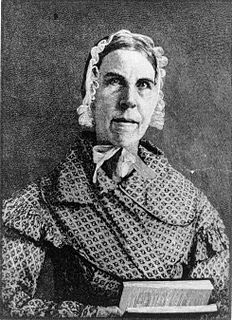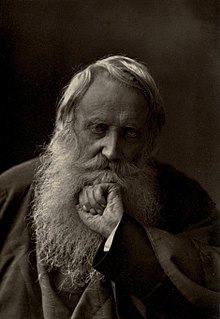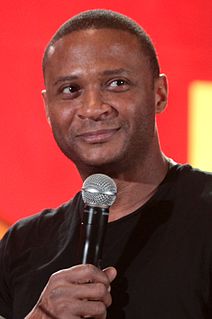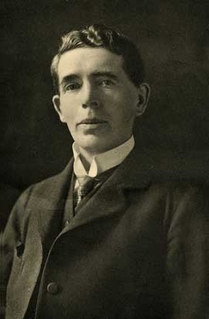A Quote by Thomas Jefferson
The most effectual means of preventing the perversion of power into tyranny are to illuminate, as far as practicable, the minds of the people at large, and more especially to give them knowledge of those facts which history exhibits, that possessed thereby of the experience of other ages and countries, they may be enabled to know ambition under all its shapes, and prompt to exert their natural powers to defeat its purposes.
Related Quotes
In order to exert influence over people, there were other things that could be used besides love. Knowledge seemed to be an equally strong force, perhaps even stronger. Whoever possessed knowledge not only had power over the changeable passions of people, but also power over their thinking, over their minds, hearts and souls.
It has been observed that a pure democracy if it were practicable would be the most perfect government. Experience has proved that no position is more false than this. The ancient democracies in which the people themselves deliberated never possessed one good feature of government. Their very character was tyranny; their figure deformity.
A public-school system, if it means the providing of free education for those who desire it, is a noteworthy and beneficent achievement of modern times; but when once it becomes monopolistic it is the most perfect instrument for tyranny which has yet been devised. Freedom of thought in the middle ages was combated by the Inquisition, but the modern method is far more effective.’ (1923)
Each member of society can have only a small fraction of the knowledge possessed by all, and...each is therefore ignorant of most of the facts on which the working of society rests...civilization rests on the fact that we all benefit from knowledge which we do not possess. And one of the ways in which civilization helps us to overcome that limitation on the extent of individual knowledge is by conquering intelligence, not by the acquisition of more knowledge, but by the utilization of knowledge which is and which remains widely dispersed among individuals.
When you authorised Congress to borrow money, and to contract debts, for carrying on the late war, you could not intend to abridge them of the means of paying their engagements, made on your account. You may observe that their future power is confined to provide common defence and general welfare of the United States. If they apply money to any other purposes, they exceed their powers. The people of the United States who pay, are to be judges how far their money is properly applied.
In our country and in our times no man is worthy the honored name of statesman who does not include the highest practicable education of the people in all his plans of administration. He may have eloquence, he may have a knowledge of all history, diplomacy, jurisprudence; and by these he might claim, in other countries, the elevated rank of a statesman: but unless he speaks, plans, labors, at all times and in all places, for the culture and edification of the whole people, he is not, he cannot be, an American statesman.
It may be said that the power of preventing bad laws includes that of preventing good ones; and may be used to the one purpose as well as to the other. But this objection will have little weight with those who can properly estimate the mischiefs of that inconstancy and mutability in the laws, which form the greatest blemish in the character and genius of our governments.
The experience of the ages that are past, the hopes of the ages that are yet to come, unite their voices in an appeal to us;– they implore us to think more of the character of our people than of its numbers; to look upon our vast natural resources, not as tempters to ostentation and pride, but as means to be converted by the refining alchemy of education into mental and spiritual treasures; ...and thus give to the world the example of a nation whose wisdom increases with its prosperity, and whose virtues are equal to its power.
They will have time enough, in those endless aeons, to attempt all things, and to gather all knowledge... no Gods imagined by our minds have ever possessed the powers they will command... But for all that, they may envy us, basking in the bright afterglow of Creation; for we knew the Universe when it was young.
I may remind you that history is not a branch of literature. The facts of history, like the facts of geology or astronomy, can supply material for literary art; for manifest reasons they lend themselves to artistic representation far more readily than those of the natural sciences; but to clothe the story of human society in a literary dress is no more the part of a historian as a historian, than it is the part of an astronomer as an astronomer to present in an artistic shape the story of the stars.































